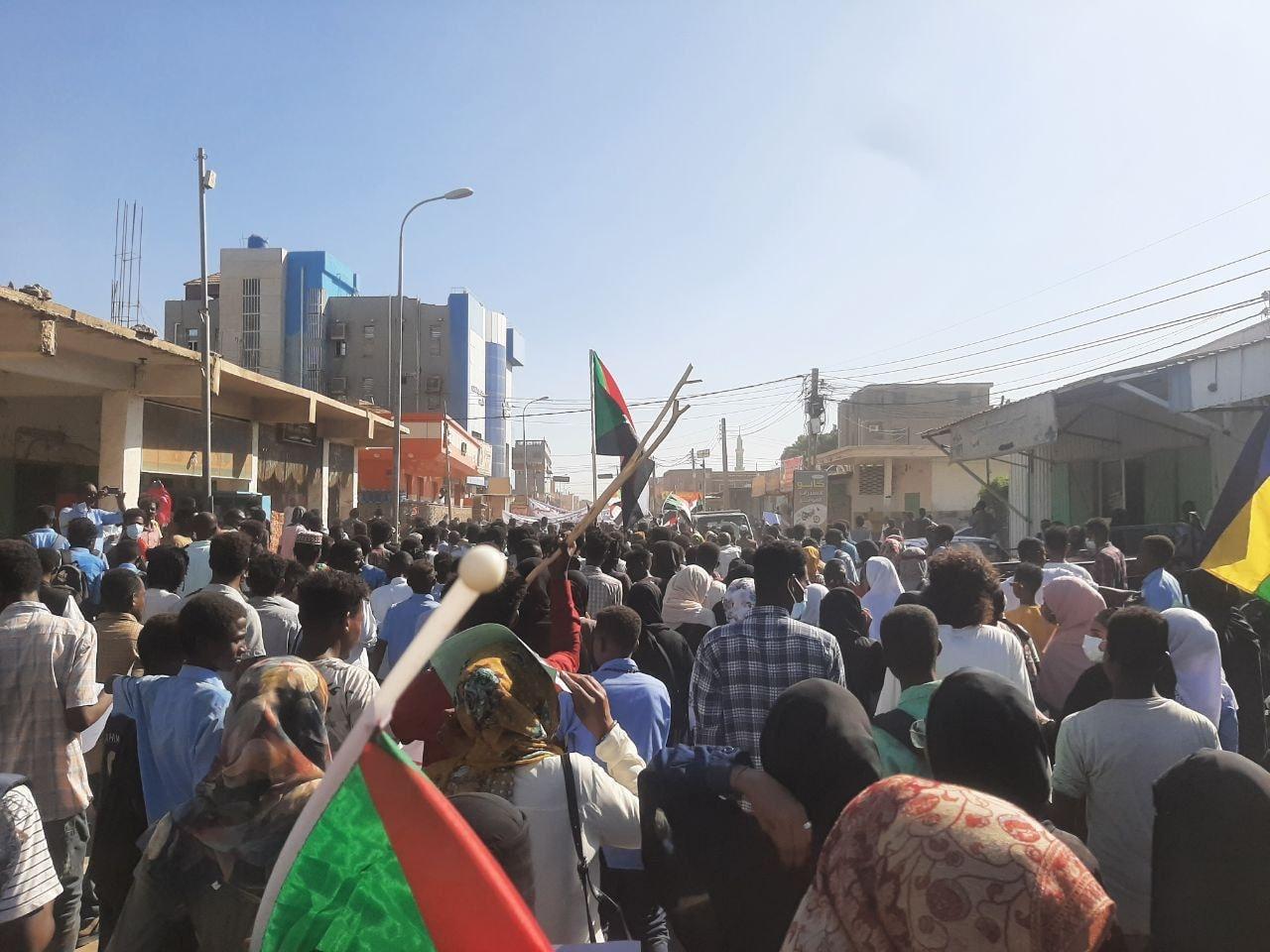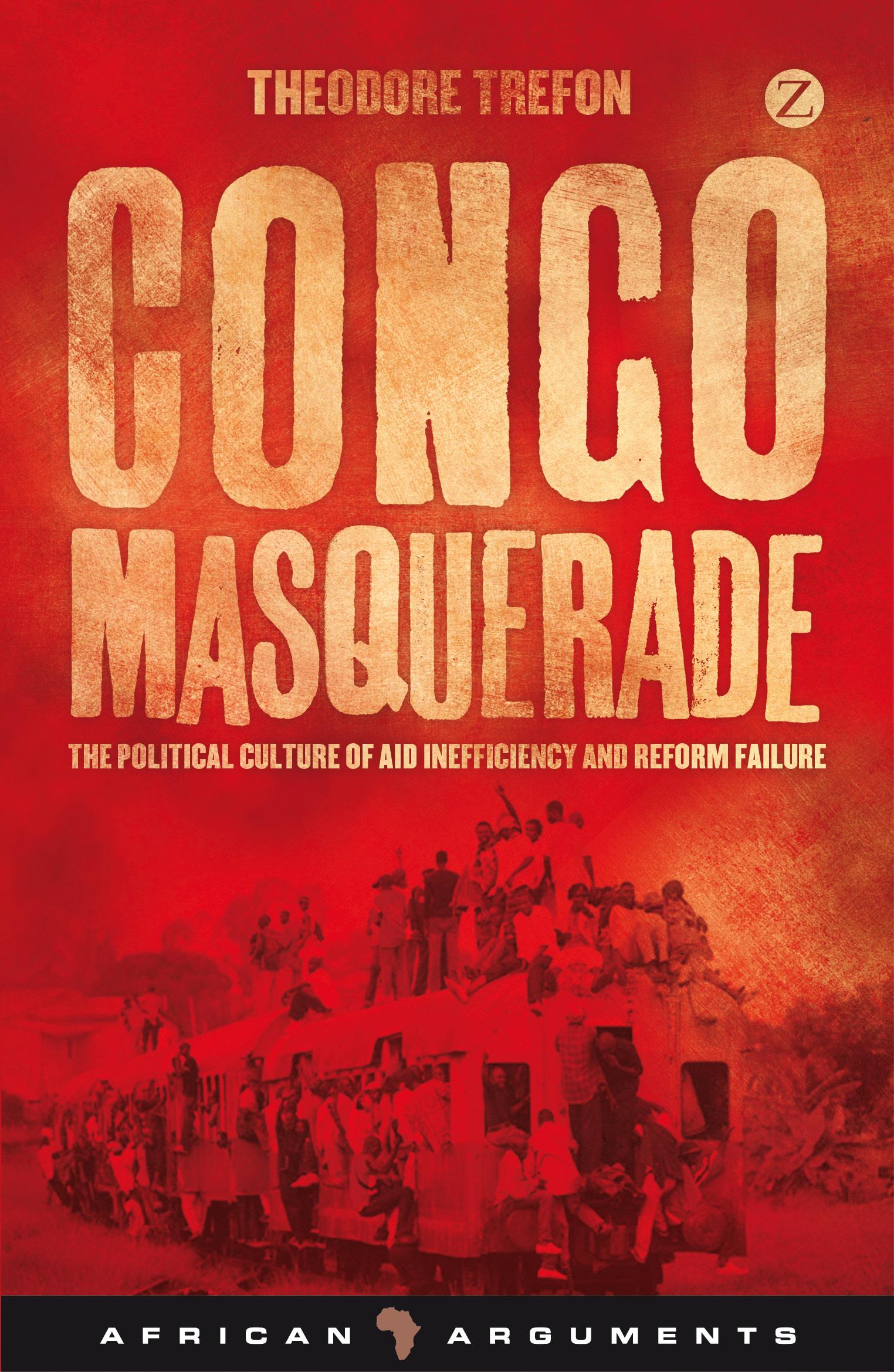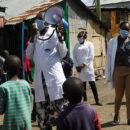
Debating Ideas is a new section that aims to reflect the values and editorial ethos of the African Arguments book series, publishing engaged, often radical, scholarship, original and activist writing from within the African continent and beyond. It will offer debates and engagements, contexts and controversies, and reviews and responses flowing from the African Arguments books.

On 21 November, Abdallah Hamdok was reinstated as Sudan’s Prime Minister. Hamdok was reappointed after nearly a month of negotiations with army chief Abdel Fattah al-Burhan that were illegitimate. Hamdok was kept under house arrest and essentially held hostage by the military regime as a pressure tactic. The deal that led to Hamdok being re-instated, at the expense of ousting the FFC, means that he is the civilian face of a military dictatorship. Hamdok has always feared being used as a civilian cover for a military dictatorship.[1] It seems his nightmare has become a reality.
If Sudan’s transition is going to succeed, then Hamdok must immediately resign.
In his interview with Al Jazeera after being reinstated as Prime Minister, Hamdok said he accepted the deal was mainly “to avoid further bloodshed, namely among the youth.”[2] This sentiment has been shared by others. Western nations have also backed the deal out of “pragmatism”. Both viewpoints will lead to more bloodshed and instability. Supporting the current government is not pragmatic – it is the path of least resistance for Hamdok and the international community.
Inside Khartoum the current governing arrangement is more unstable because democracy protestors have crossed the threshold of surviving the military’s attempt to subjugate their movement. Perhaps 100,000 people protested on 30 November due to mobilization from resistance committees and neighbourhood organizations. There is at least one major march per week in Khartoum and numerous mobilization activities during them, making organizational structures and their demands more solidified. Dictators may have a learning curve but so to do activists. Protestors crossing the threshold of the military’s subjugation attempts means that the demonstrations are going to continue. The longer protests go on the more unstable al-Burhan’s regime becomes. Sudan is on a similar trajectory as the months before the overthrow of Omar al-Bashir. The absent legitimacy becomes self-perpetuating. During this time there will be more injuries and deaths of demonstrators. If protests are going to continue and the regime will not last, would it not save more lives for Hamdok to resign now?
Outside Khartoum the current governing arrangement causes more instability because it continues a system of violence. Diplomats and Hamdok repeatedly fail to recognize that Sudan is already a fractured, failed state outside of Khartoum that is seeing record levels of violence. In the past weeks, Darfur has seen a spike in violence. It is difficult to create a causal link between this rise in violence and the 25 October coup, but it is part of a broader trend of instability. More than 430,000 people have been displaced due to violence already this year, the highest since 2014.[3] A root cause of the violence in Darfur is a system of ethnic violence that Mohammed Hamdan Dalgo “Hemeti” sits on-top of. Security sector reform, protection of civilians, and unification of the Sudanese military will not occur under the current governing structure. Violence will continue unless there is a change. When will diplomats and Hamdok recognize that lives outside of Khartoum matter as well?
Why will Hamdok’s resignation matter? It is a signal to those inside the military and the international allies of al-Burhan that the regime is untenable. For al-Burhan’s regime to work it needs international and domestic legitimacy. Hamdok provides that.
Hamdok took the job because he thought he could guide Sudan to democracy. He knew it would be difficult and the odds were stacked against him. The best support he can give now is resigning.






